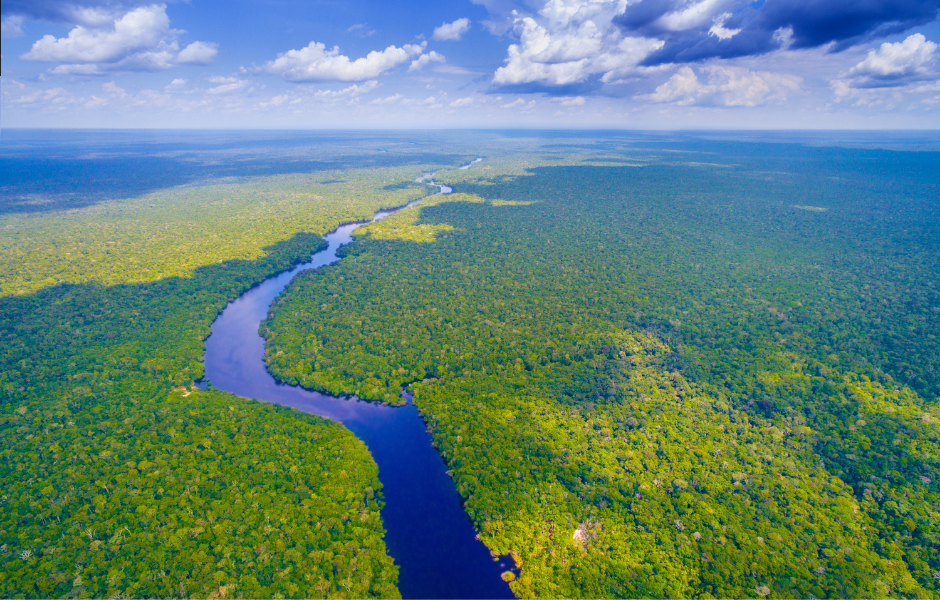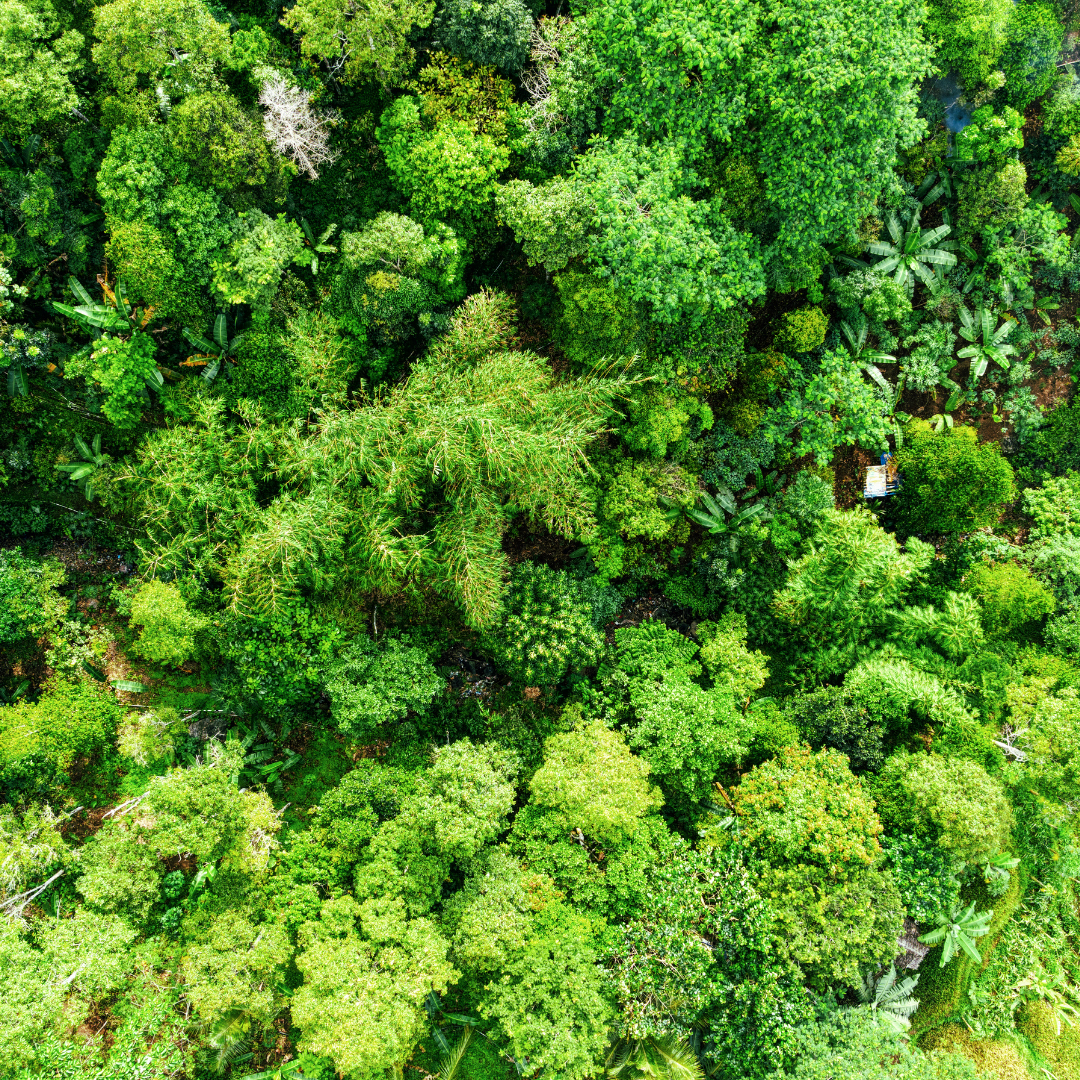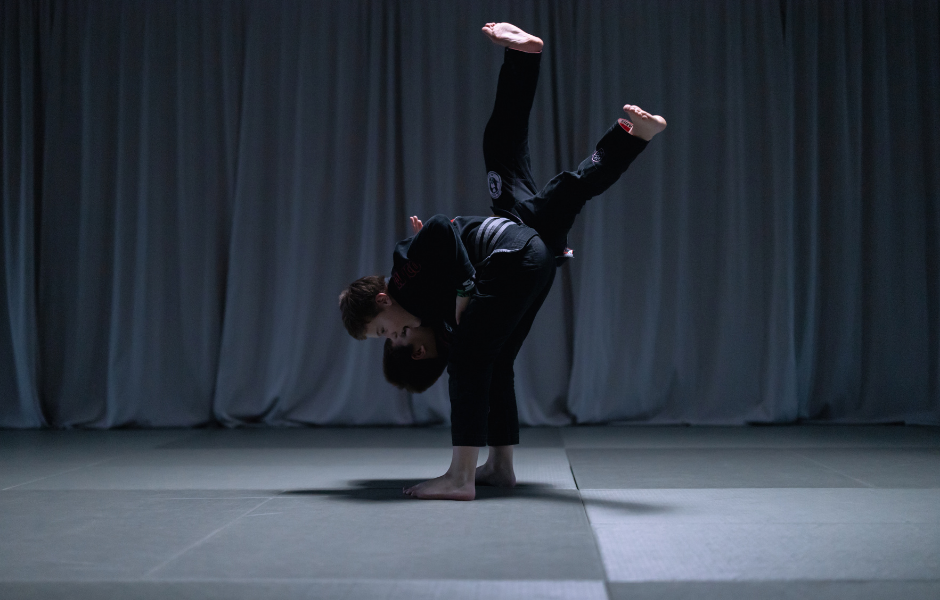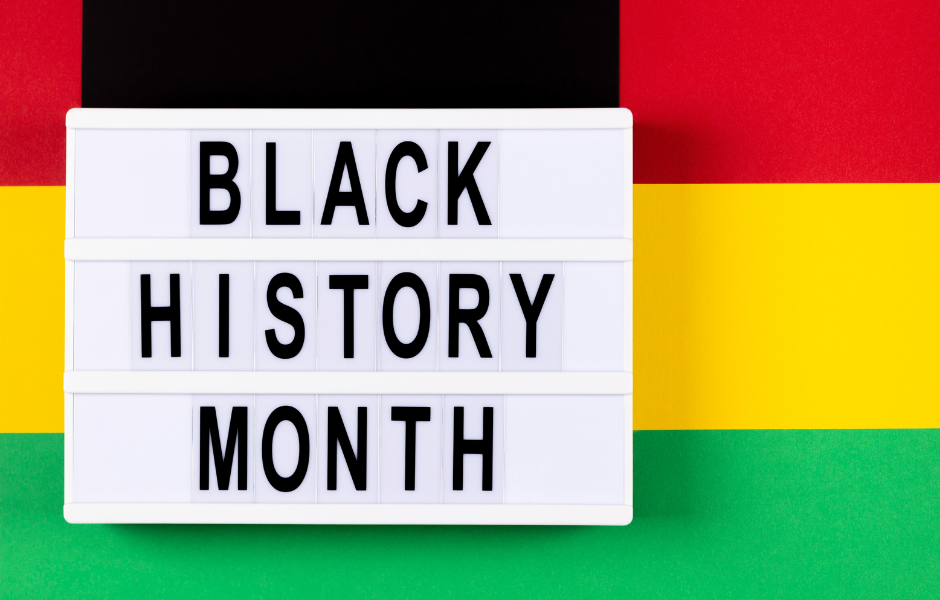
This children’s news article, What is COP30? A kids’ guide to the world’s climate meeting, has been written for native English speakers and learners of English as a second or foreign language. It can help children practise reading and comprehension, learn useful climate vocabulary, and discover how countries are working together to protect our planet. Written by Sinead O’Carroll, an English teacher and writer.
What is COP30?
Every year, world leaders hold a huge meeting to plan how to fight climate change. It is called a COP, which stands for Conference of the Parties (United Nations Framework Convention on Climate Change). This year’s event, the thirtieth, is known as COP30, and it will take place in Brazil.
At COP30, leaders, scientists, and activists will gather to make plans for slowing climate change and protecting people, animals, and nature.
Where and when is it?
COP30 will take place in Belém, a city in northern Brazil, from 10 to 21 November 2025. It is right next to the Amazon Rainforest, one of the most important places on Earth for absorbing carbon and keeping the planet cool.
Before the main event begins, presidents and prime ministers will hold early meetings to discuss what their countries can do to cut pollution and protect nature.
Why is it important?
The world’s leaders meet at COP to check how well they are keeping their climate promises. These promises are plans to reduce greenhouse gases and to help the planet stay as close as possible to 1.5 °C of global warming. If the Earth gets hotter than that, scientists warn that floods, fires, and storms could become much worse.
This year’s meeting is special because it is being held in the Amazon region. The rainforest stores huge amounts of carbon, helps to clean the air, and is home to millions of animals and plants.
What will people talk about?
At COP30, countries are expected to discuss:
- How to protect forests and wildlife
- How to use more renewable energy such as wind and solar
- How to help poorer countries deal with floods, droughts, and heat
- How everyone, including young people, can have a voice in climate action
Preparations have already begun. Earlier in the year, Brazil hosted a pre-COP meeting to get the talks started. Online briefings and smaller events have also taken place around the world.

Article vocabulary list
- Conference – a large meeting where people discuss important topics.
- Climate – the pattern of weather in a place over a long time.
- Treaty – an official agreement between countries.
- Greenhouse gases – gases like carbon dioxide that trap heat in the Earth’s atmosphere.
- Amazon Rainforest – the largest rainforest in the world, found in South America.
- Carbon – a chemical element found in all living things; in the air, it can warm the planet.
- Renewable energy – power that comes from sources that do not run out, like wind or sunshine.
- Flood – when too much water covers the land.
- Drought – a long period with very little or no rain.
- Teamwork – people working together to reach a goal.
Comprehension questions
Just click the plus (+) to see the answer
1. What does COP30 stand for?
a) Climate Opportunity Project 30
b) 30th Conference of the Parties
c) Climate of the Planet
Answer: b) 30th Conference of the Parties
2. Where will COP30 take place?
a) London, United Kingdom
b) Belém, Brazil
c) Sydney, Australia
Answer: b) Belém, Brazil
3. When will COP30 happen?
a) 10–21 November 2025
b) 1–10 December 2025
c) 15–25 October 2025
Answer: a) 10–21 November 2025
4. Why is the Amazon Rainforest important for the climate?
a) It stores carbon and helps keep the planet cool
b) It makes rain every day
c) It has lots of big trees
Answer: a) It stores carbon and helps keep the planet cool
5. What topics might be discussed at COP30?
a) Forests, renewable energy, and climate help for poorer countries
b) Space travel and volcanoes
c) Cooking and sports
Answer: a) Forests, renewable energy, and climate help for poorer countries
6. What can kids do to help the planet?
a) Use less plastic and recycle
b) Ignore the news
c) Cut down trees
Answer: a) Use less plastic and recycle
Sinead is a writer and EFL teacher with eight years’ experience. She’s a native English speaker who loves making news stories fun and easy to understand for children around the world. Her passions include travel, animals, and helping to make the world a kinder, more sustainable place.




